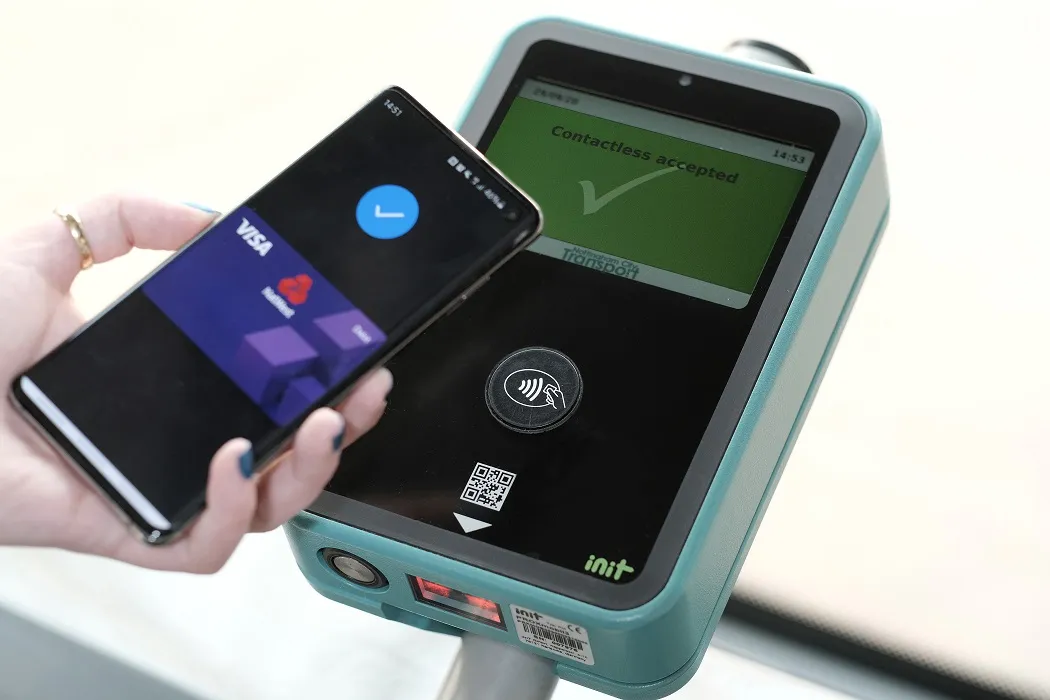The Barcelona Metropolitan Transport Authority (ATM) has chosen Netherlands-based NXP Semiconductors’ MIFARE DESFire for their new mobility card, T-Mobilitat. The new T-Mobilitat card will provide over 5.7 million inhabitants of the city with easy access to public transportation via NXP's MIFARE DESFire contactless solutions, delivering smart mobility services to more than 70 public transport operators in and around the Spanish city. The new T-Mobilitat card will eventually replace current magnetic machiner
March 5, 2015
Read time: 2 mins
The Barcelona Metropolitan Transport Authority (ATM) has chosen Netherlands-based 566 NXP Semiconductors’ MIFARE DESFire for their new mobility card, T-Mobilitat. The new T-Mobilitat card will provide over 5.7 million inhabitants of the city with easy access to public transportation via NXP's MIFARE DESFire contactless solutions, delivering smart mobility services to more than 70 public transport operators in and around the Spanish city.
The new T-Mobilitat card will eventually replace current magnetic machinery and over 70 public transport integrated fares that coexist today. The card, which will be fully interoperable with all public transport operators in Barcelona, will greatly simplify travel across the city and foster greater efficiencies in the transportation network. First trials of T-Mobilitat are expected later this year.
The T-Mobilitat card will also be compatible with other MIFARE based applications in Barcelona, such as Bicing bike rental, Bicibox parking bays or the car rental service3874 Zipcar.
In support of Barcelona's urban transportation, solutions provider Connecthings recently launched the Barcelona Contactless project, a dynamic mobile information system for citizens and visitors using public transportation in Barcelona. To move around the city more easily and get access to important travel information, citizens and visitors can use more than 1.000 touch points by simply tapping their NFC enabled device to a tag based on NXP´s NTAG213. Additional NFC touch points will be introduced across Barcelona during 2015.
The new T-Mobilitat card will eventually replace current magnetic machinery and over 70 public transport integrated fares that coexist today. The card, which will be fully interoperable with all public transport operators in Barcelona, will greatly simplify travel across the city and foster greater efficiencies in the transportation network. First trials of T-Mobilitat are expected later this year.
The T-Mobilitat card will also be compatible with other MIFARE based applications in Barcelona, such as Bicing bike rental, Bicibox parking bays or the car rental service
In support of Barcelona's urban transportation, solutions provider Connecthings recently launched the Barcelona Contactless project, a dynamic mobile information system for citizens and visitors using public transportation in Barcelona. To move around the city more easily and get access to important travel information, citizens and visitors can use more than 1.000 touch points by simply tapping their NFC enabled device to a tag based on NXP´s NTAG213. Additional NFC touch points will be introduced across Barcelona during 2015.










